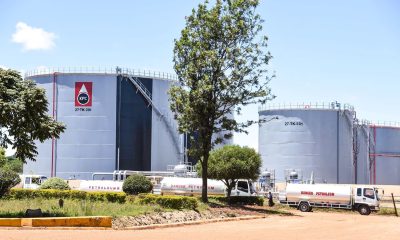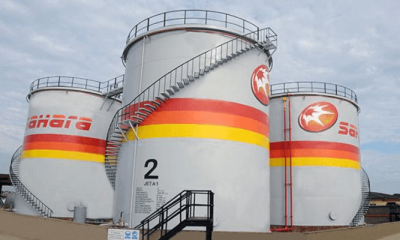Development
Omtatah Takes Fight to Senate over KPC Gas Facility Handover to Nigerian Firm
According to Omtatah, the Kenya Petroleum Refinery Limited (KPRL) has agreed to lease 23.19 acres of public land to Asharami Synergy on a 31-year lease to develop, operate, and maintain the plant.
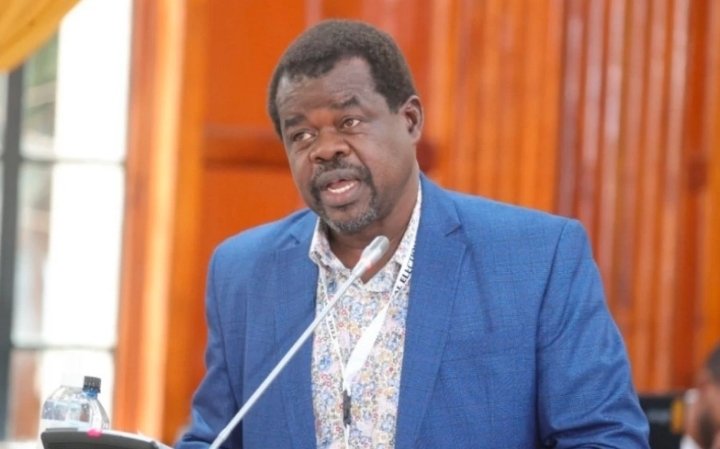
Busia Senator Andrew Omtatah Okoiti has escalated his probe into the controversial handover of a multibillion-shilling liquefied petroleum gas (LPG) facility from Kenya Pipeline Company (KPC) to Nigerian firm Asharami Synergy, formally requesting a statement from the Senate’s Standing Committee on Energy.
In a document dated May 6, 2025, Senator Omtatah invoked Standing Order 53(1) to demand answers regarding what he termed “a matter of national concern” – the abrupt halting of KPC’s plans to develop a 30,000-metric-tonne LPG facility in Mombasa and its subsequent transfer to the Nigerian company.
“The Kenya Pipeline Company has been left counting losses amounting to millions of shillings after its plan to develop a 30,000-metric-tonne liquefied petroleum gas facility in Mombasa, aimed at making gas more affordable and accessible to consumers, was halted,” Omtatah stated in his formal request to the Senate.
According to Omtatah, the Kenya Petroleum Refinery Limited (KPRL) has agreed to lease 23.19 acres of public land to Asharami Synergy on a 31-year lease to develop, operate, and maintain the plant.
This decision comes after KPC had already invested significant taxpayer funds in preparatory work.
Five Critical Questions Raised
Senator Omtatah’s request outlines five specific issues the Energy Committee must address:
1. Why KPC’s original plan to develop the Mombasa gas facility was “quashed” and handed over to Asharami Synergy, a subsidiary of Nigeria’s Sahara Group
2. The circumstances behind the Ministry of Energy and Petroleum’s decision to bypass KPC in favor of the Nigerian firm
3. Whether KPRL followed legal procedures in leasing 23.19 acres of public land to Asharami Synergy
4. The selection process for the project developer, including details of all proposals received and justifications for the 31-year lease agreement
5. How KPC plans to recover KES 192.64 million of taxpayers’ money spent on preliminary studies, including demand surveys, environmental assessments, and front-end engineering designs
Omtatah alleges that KPC spent KES 192.64 million on preparatory work during the financial year ending June 2024. This includes demand surveys, environmental and social impact assessments, and front-end engineering designs – investments that may now benefit the Nigerian firm while leaving Kenyan taxpayers to absorb the losses.
“KPC has been left to bear the costs of preparatory work already completed,” Omtatah noted.
Timeline Raises New Questions
This latest development adds a significant time element to the controversy.
Our previous reporting revealed that the lease agreement was signed on April 6, 2025, just one month before Omtatah’s Senate request, and troublingly, two days before the mandatory Kenya Gazette notice was published.
The Senator’s inquiry now reveals that substantial public funds were spent on the project as recently as the 2023-2024 financial year, raising questions about when the decision to transfer the project was actually made.
Omtatah’s Senate submission reinforces concerns in our previous report about the deal’s transparency and legality.
The matter has already drawn attention from the National Assembly’s Energy Committee, which summoned KPC’s managing director over allegations that the deal proceeded without proper environmental studies or the Attorney General’s consent.
The controversy centers not just on procedural issues but on fundamental questions about Kenya’s energy sovereignty and asset management.
Many have questioned why a project initially conceived to make cooking gas more affordable for Kenyans has been handed to a foreign entity, potentially compromising both national interests and consumer benefits.
And with both houses of Parliament now investigating the matter, pressure is mounting on the Ministry of Energy and the involved parastatals to provide clear answers.
Kenya Insights allows guest blogging, if you want to be published on Kenya’s most authoritative and accurate blog, have an expose, news TIPS, story angles, human interest stories, drop us an email on [email protected] or via Telegram
-
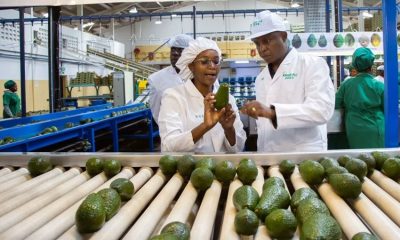
 Business6 days ago
Business6 days agoKakuzi Investors Face Massive Loss as Land Commission Drops Bombshell Order to Surrender Quarter of Productive Estate
-

 Investigations1 week ago
Investigations1 week agoINSIDER LEAK REVEALS ROT AT KWS TOP EXECUTIVES
-

 Investigations4 days ago
Investigations4 days agoCNN Reveals Massive Killings, Secret Graves In Tanzania and Coverup By the Govt
-
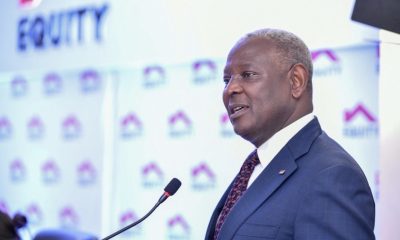
 Business6 days ago
Business6 days agoBANKS BETRAYAL: How Equity Bank Allegedly Helped Thieves Loot Sh10 Million From Family’s Savings in Lightning Fast Court Scam
-
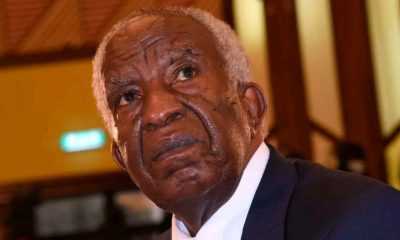
 News1 week ago
News1 week agoEXPOSED: How Tycoon Munga, State Officials, Chinese Firm Stalled A Sh3.9 Trillion Coal Treasure In Kitui
-

 News1 week ago
News1 week agoEx-Boyfriend Withdraws Explosive Petition to Remove DPP After Criminal Case Against Capital FM Boss Resurfaces
-

 Politics5 days ago
Politics5 days agoI Had Warned Raila Of Possible Fallout In The Odinga Family After His Death, Oburu Says
-

 Investigations6 days ago
Investigations6 days agoHow Ruto’s Family Profits as Kenyan Women Suffer in Saudi Arabia

